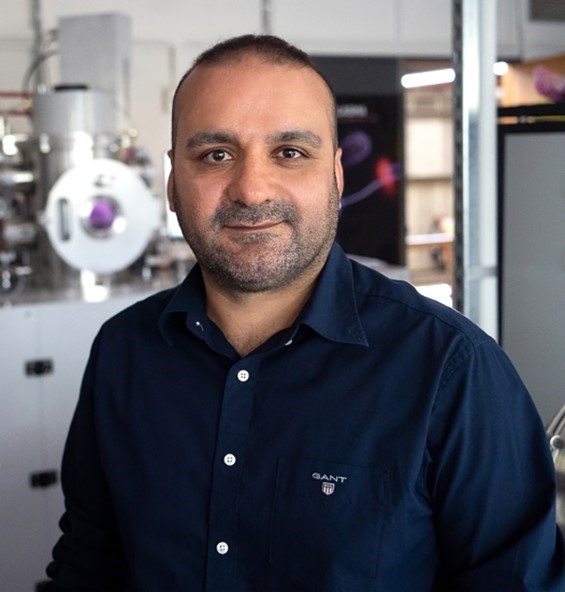Plasma-engineered Biomimetic Interfaces for Next-Generation Implantable Medical Devices - Dr Behnam Akhavan
Bio

Dr Behnam Akhavan, an Australian Research Council (ARC) DECRA Fellow and a Senior Lecturer of Biomedical Engineering at the University of Newcastle, heads the Plasma Bio-engineering Laboratory at the School of Engineering and the Hunter Medical Research Institute (HMRI). Since obtaining his PhD in Advanced Manufacturing from the University of South Australia in 2015, he has academic positions at the Max Planck Institute for Polymer Research and Fraunhofer Institute of Microtechnology in Germany, and the University of Sydney. Dr Akhavan's pioneering work in plasma surface bio-engineering, published in over 80 journal articles, has led to innovative applications in healthcare and beyond. He is recognised by Engineers Australia as one of the nation’s Most Innovative Engineers.
Abstract
The prevalence of implantable medical devices such as dental implants has witnessed a significant rise on a global scale, with an annual occurrence of hundreds of thousands of procedures. However, a substantial portion of these procedures experience complications, frequently associated with infections or insufficient integration with the host tissues. In this presentation, strategic surface functionalization with bio-instructive properties is presented as a transformative approach to regulate biological reactions and direct the differentiation of stem cells through surface-attached biomolecules and hydrogels. The remarkable capabilities of plasma bio-engineering in crafting instructive interfaces on a diverse array of materials will be highlighted. Plasma bio-engineering, which involves the use of plasma—a partially ionized gas containing electrons, ions, and neutral particles—enables precise modification of surface properties at the molecular level. This approach facilitates the attachment of bioactive molecules without requiring chemical reagents, creating functionalized surfaces with enhanced bioactivity.
The materials functionalized through this technology span a spectrum of chemistries and geometries, including titanium, stainless steel, bioceramics, and polymers such as ePTFE and silk. Evidence will be provided on the covalent immobilization of multifunctional protein layers, peptide molecules with preferred orientation, hydrogel coatings, and silver nanoparticles on plasma-engineered surfaces. These modifications lead to improved cellular responses and bolstered antimicrobial properties, validated for a broad range of biomedical engineering applications, from surface engineering of dental implants and cardiovascular stents to constructs for cartilage tissue regeneration and hybrid dressings for wound healing.
A light lunch will be provided after the seminar.
About Seminar series
The School of Dentistry Seminar Series is an opportunity to highlight outstanding research both within the School and from national and international guest speakers.
All are welcome to attend, including academic and professional staff, visitors, students, industry partners, dental industry professionals and the general public. Seminars are held at various times at the Oral Health Centre, Herston, and online.
In addition to our general School series, additional seminars will be presented by our various research groups.
